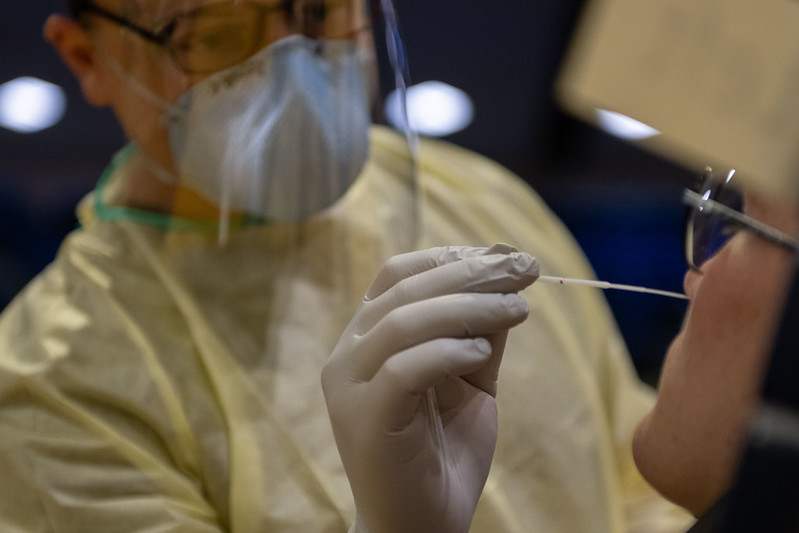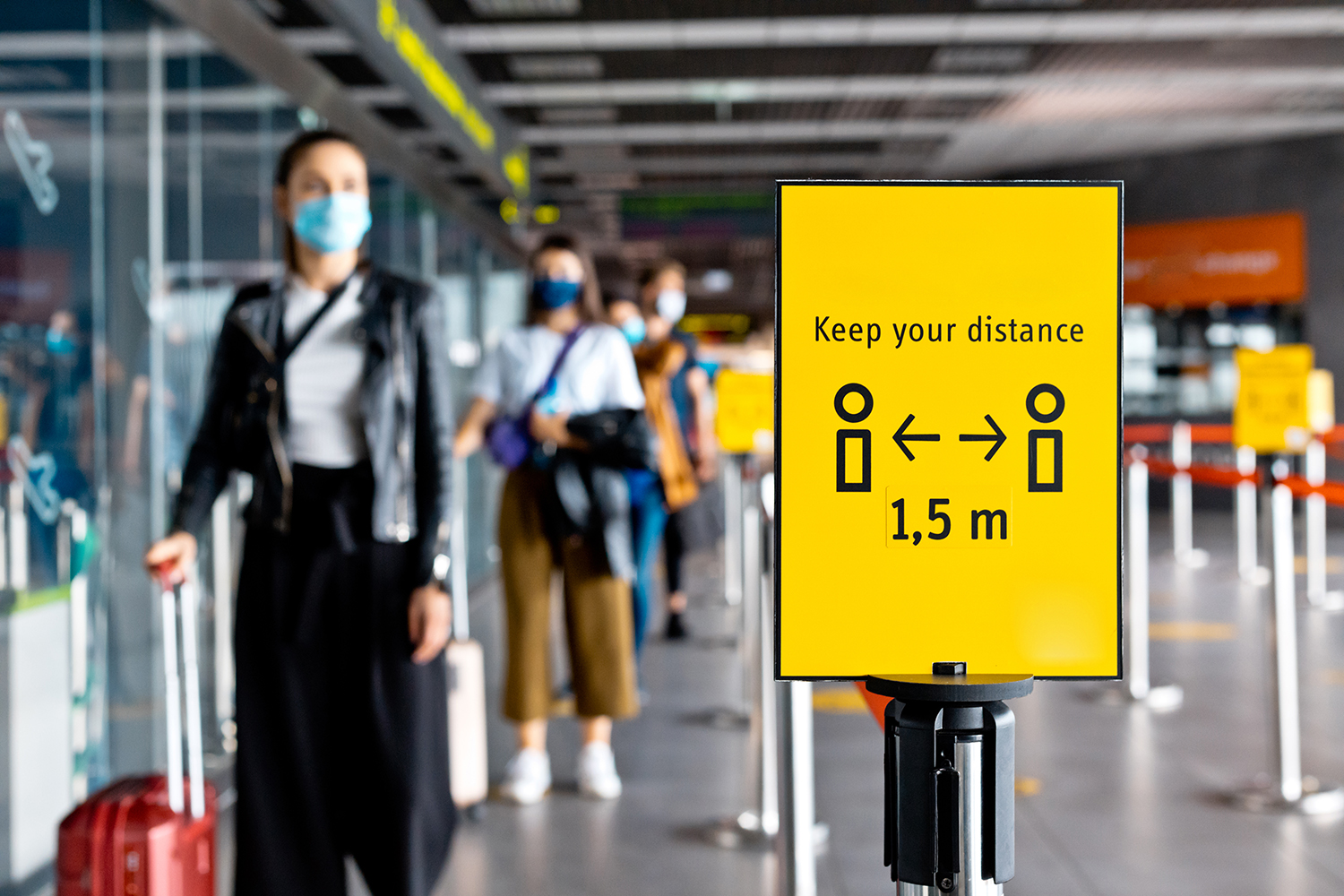The United Kingdom is to close all its travel corridors to “protect against the risk of as yet unidentified new strains” of coronavirus.
Effective from 04:00 GMT on Monday 18th January, all quarantine-free travel corridors will close. After that, arrivals to the UK will need to quarantine for up to 10 days, unless they test negative after five days. All incoming passengers, except from the UK’s Common Area, will need proof of a negative COVID test taken within the 72 hours prior to departure. The new measures will remain in place until at least 15th February, according to British PM Boris Johnson.
Speaking at a Downing Street press conference, Mr Johnson described the move as “vital” for securing the population against new strains while vaccines are rolled-out.
“It’s precisely because we have the hope of that vaccine, and the risk of new strains coming from overseas, that we must take additional steps now to stop those strains from entering the country.”
Boris Johnson, UK Prime Minister

Travel corridors were formed during the British summer, principally to allow people, travelling from selected countries with low community transmission, to enter the UK without quarantine. A ban on travellers from South America, Portugal and Cape Verde entering the UK came into force on 15th January, as a result of a new, possibly more infectious, variant of COVID-19 linked to Brazil.
This move will be supported by increased enforcement, both at the border and across the UK, with Border Force increasing the number of spot checks on passengers that have entered the country.


